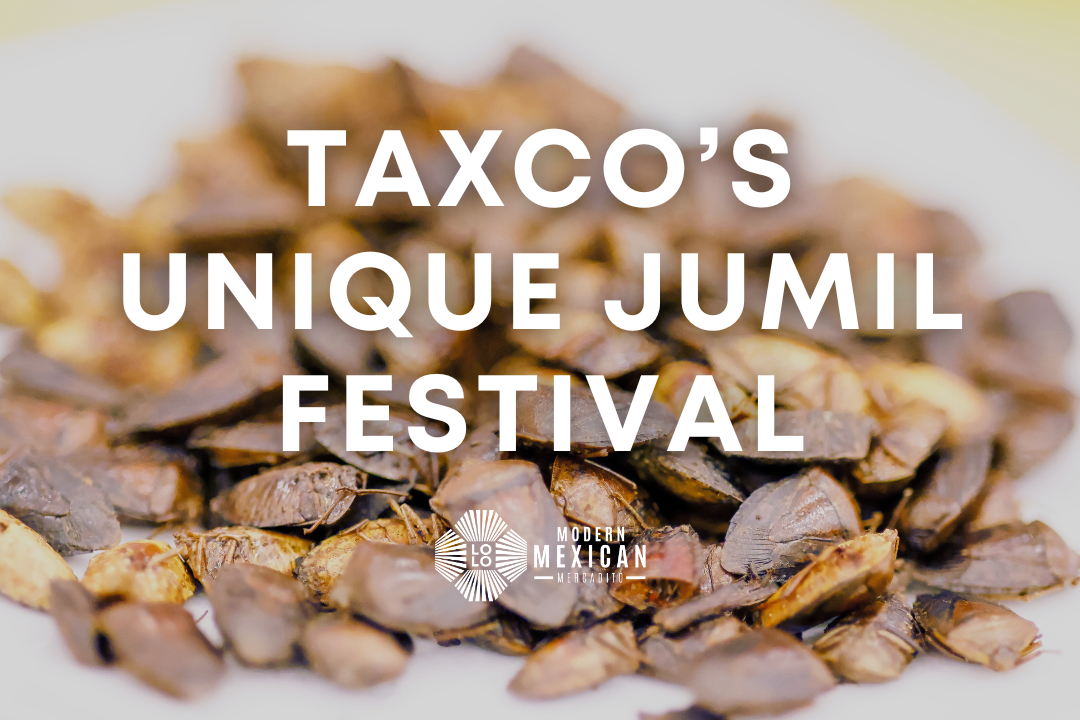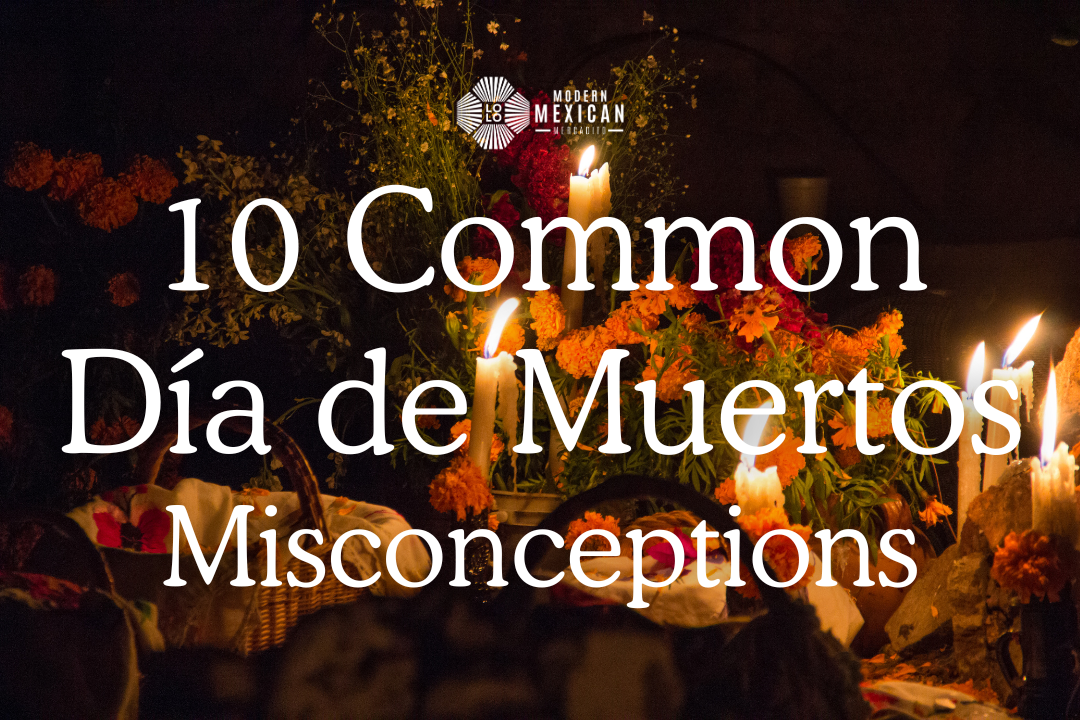The year is about to end, and to say goodbye, people in Mexico will carry out a series of rituals in search of better luck for the new year. These traditions include wearing certain colored underwear to attract love, money, or health; walking around the street with a suitcase to draw travel; and even sweeping the house looking for fortune and blessings to come into the house. However, if there's one custom for the New Year that Mexicans know is eating 12 grapes at midnight.
On New Year's, families usually gather to enjoy a delicious dinner, toast, and eat 12 grapes. For each grape, the person makes a wish. Although this tradition is very popular in Mexico and other places in Latin America, it is a tradition that comes from Spain. Let us tell you all about the origins of this tradition!

Although there are several theories about the origin of the tradition of eating 12 grapes at midnight in the new year, the Spanish press already mentioned this ritual since 1894. At this time, newspapers talked about the "good grapes" as an imported and ancient tradition.
The first version of the origin of this tradition states that it was in 1909 when vineyard owners in Alicante, Spain, reported a surplus of grapes during that year's harvest. To sell their leftover grapes, they launched a campaign to associate grapes with wishes and good luck.
There is also another version that says that the wealthy classes devised this tradition in the 1880s, as they wanted to imitate the celebrations of the French bourgeoisie, who ate grapes and drank champagne at the beginning of the year. Soon after, that same tradition was adopted by visitors to the Puerta del Sol (famous monument in Madrid to celebrate the New Year), who came to see the bells ring at midnight and eat the grapes on December 31. Subsequently, the custom spread throughout the country and finally reached Latin America.
Due to the cultural closeness, the tradition soon reached Mexico (and other Latin American countries), initially among the upper class but later spreading throughout the entire country.

How the 12 grapes are eaten at New Years and what does it mean?
Tradition indicates that 12 grapes (not one more, not one less) must be eaten as soon as the clock strikes hour 0 of the first day of the year, precisely during the first minute. The reward? Prosperity in the 365 days of the cycle that begins.
As for the number 12, it is believed that they symbolize the months of the year that is beginning, although it may also be related to the 12 chimes that ring at the Puerta del Sol during this public ceremony in Madrid.
However, time and popular culture also added some beliefs to this ritual. For example, although the most profoundly rooted custom indicates that you must make a wish with each of the 12 grapes that you put in your mouth (so that it is fulfilled, if possible, in the following twelve months), there are those who make this practice a competition and consider it good luck to be the first to finish all grapes. At the same time, there are those who do not rush to finish them and, on the contrary, calmly make their 12 wishes for each grape. In the same line, some people do not make wishes and, instead, make resolutions with the hope this will help make them come true.
Regardless of how this tradition is followed, after eating the grapes, people start to give their congratulations to friends and family, usually with hugs and good wishes, and then music and partying take place: after all, New Years is a form of celebration!
Tradition dictates that a grape must be eaten for each stroke of the first twelve seconds of midnight. Formerly, the sounds were marked by the towns' churches, which announced that the New Year had begun. Nowadays, there are few places where the bells chime at midnight. However, almost all the mass media, such as radio and television, broadcast the bells on a national chain which is why you might find a broadcast playing in the background of these celebrations.
The tradition is to eat these fresh grapes, regardless of whether they are red or green. The importance of grapes is because they are usually linked to the Christian tradition, where wine represents the blood of Jesus. However, if there is a lack of grapes or someone does not enjoy this fruit, some substitute them with raisins, wine, and berries; some even use candied gummies to represent the grapes!
---
Tell us, how do you celebrate New Year's Eve? Do you have any traditions? Have you heard of this traditions before? How about its origin? We would love to hear from you!
Also, don't forget to subscribe to our newsletter where we make sure to share this and many more artisanal techniques, artisan's stories, recipes, and content of interest so that you are 24/7 on the loop! We also make sure to give our familia of subscribers exclusive promotions, gifts, first-hand look at all new products and, of course, these articles that we love to write for you all!








